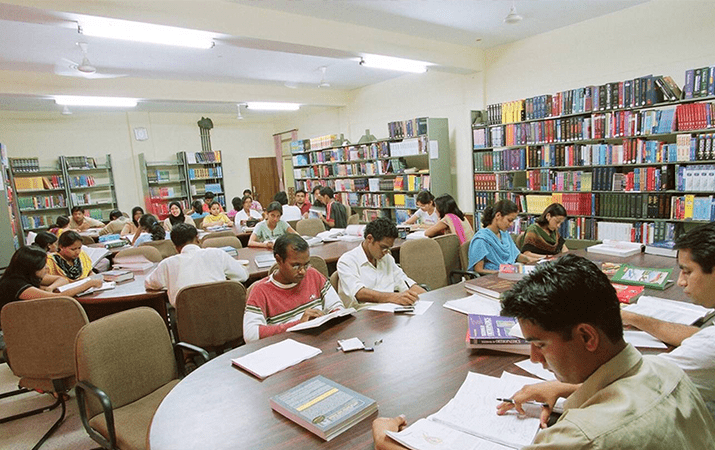The Cabinet on Wednesday decided to promulgate an ordinance to amend the law governing autonomous colleges in the State.
While the amendment to the University Laws (Third Amendment) Act 2014 seeks to guarantee greater academic freedom by adopting provisions laid down by the University Grants Commission (UGC), its implementation will nullify the existing Autonomy Approval Committee chaired by the Higher Education Minister that was mandated with inviting and considering applications for autonomy.
Pointing out that the UGC (Conferment of Autonomous Status upon Colleges and Measures for Maintenance of Standards in Autonomous Colleges) Regulations, 2018 had rendered the panel invalid, official sources said that colleges could hereafter apply for autonomy at any time of their choice by submitting applications to the respective university.
Upon receipt of the application, the Syndicate must entrust it to an expert committee within seven days. Following a detailed assessment, the Vice-Chancellor can recommend for autonomy to the UGC or turn down the application after informing the same to the UGC, the government and the college. The institution can then re-apply for autonomy after a year.
An expert committee chaired by the Pro Vice-Chancellor must be constituted to consider applications, commence new courses and review the curriculum of the existing ones. The panel should have a Syndicate member, an academic expert nominated by the Vice-Chancellor and three nominees of the college. The governing body will include a nominee each of the State government, Kerala State Higher Education Council, university and the college union chairman.
The institution’s Board of Studies must include a representative of the university’s Board of Studies, who is nominated the Syndicate, and academic experts recommended by the college. A grievance redressal cell must also be formed with the principal, PTA nominee and college union chairman as its members. While the panel must resolve complaints within 14 days, its decisions can be appealed before the Vice-Chancellor who will then be required to take a decision within 60 days after hearing the parties concerned.
The amendment also provided for constituting a finance committee, internal quality assurance cell, academic audit, anti-sexual harassment and anti-ragging committees, among others. While the statutes, ordinances and regulations of universities will no longer be applicable as a whole, only those provisions that pertained to autonomous colleges will have to be adhered to by way of the amendment.
Courtesy: The Hindu
